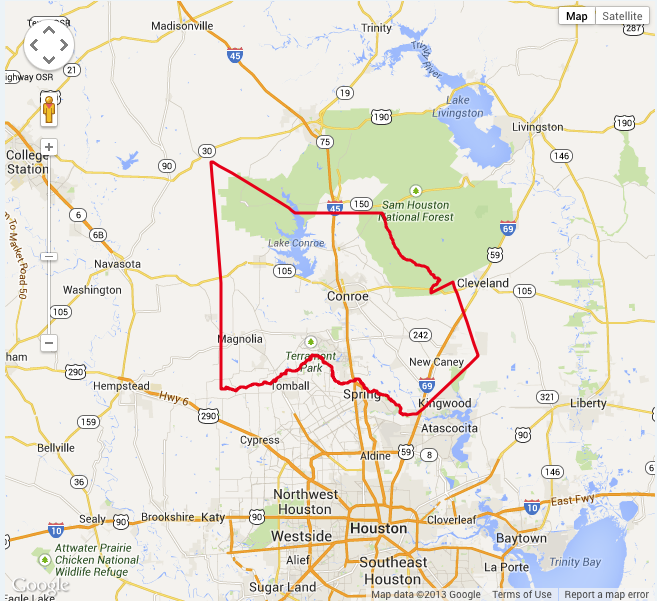
|
US Vote SmartHome » 2022-03-01 Republican primary » Montgomery County » County Court at Law 3 |
| County Court at Law 3 | |
|---|---|
 Montgomery County |
County Court at Law 3
office
County Court at Law # 3 is currently a court of general jurisdiction that handles family law and is the designated Child Protection Court
Constitutional County Courts
The Texas Constitution provides for a county court in each of the 254 counties of the state, though all such courts do not exercise judicial functions. In populous counties, the “county judge” may devote his or her full attention to the administration of county government. Generally, the “constitutional” county courts have:
• Concurrent jurisdiction with justice courts in civil cases where the matter in controversy exceeds $200 but does not exceed $10,000
• Concurrent jurisdiction with the district courts in civil cases where the matter in controversy exceeds $500 but does not exceed $5,000
• General jurisdiction over probate cases
• Juvenile jurisdiction
• Exclusive original jurisdiction over misdemeanors, other than those involving official misconduct, where punishment for the offense is by fine exceeding $500 or a jail sentence not to exceed one year
County courts generally have appellate jurisdiction (usually by trial de novo) over cases tried originally in the justice and municipal courts. Original and appellate judgments of the county courts may be appealed to the courts of appeals. In 36 counties, the county court, by special statute, has been given concurrent jurisdiction with the justice courts in all civil matters over which the justice courts have jurisdiction.
Statutory County Courts and Probate Courts
Under its constitutional authorization to “...establish such other courts as it may deem necessary... [and to] conform the jurisdiction of the district and other inferior courts thereto,” the Legislature created the first statutory county court in 1907 to relieve the county judge of some or all of the judicial duties of office. As of September 1, 2014, 238 statutory county courts and 18 statutory probate courts were operating in 88 counties, and one multicounty court operated in three counties. Statutory county courts include:
• County courts at law
• County civil courts at law
• County criminal courts at law
• County criminal courts
• County criminal courts of appeal
Section 25.003 of the Texas Government Code provides statutory county courts with jurisdiction over all causes and proceedings prescribed by law for constitutional county courts. In general, statutory county courts that exercise civil jurisdiction concurrent with the constitutional county court also have concurrent civil jurisdiction with the district courts in: 1) civil cases in which the matter in controversy exceeds $500 but does not exceed $200,000, and 2) appeals of final rulings and decisions of the Texas Workers’ Compensation Commission. However, the actual jurisdiction of each statutory county court varies considerably according to the statute under which it was created. A few statutory county courts even hear felony cases. In addition, some of these courts have been established to exercise subject-matter jurisdiction in only limited fields, such as civil, criminal, or appellate cases (from justice or municipal courts).
In general, statutory probate courts have general jurisdiction provided to probate courts by the Texas Estates Code, as well as the jurisdiction provided by law for a county court to hear and determine cases and matters instituted under various sections and chapters of the Texas Health and Safety Code.
Major Issues
- Emphasis on constitutional rights of all parties involved, especially the child
- Docket control (efficiency/throughput) in a growing county
- Controlling costs associated w/running the court system(staff/attorneys/expert witnesses
